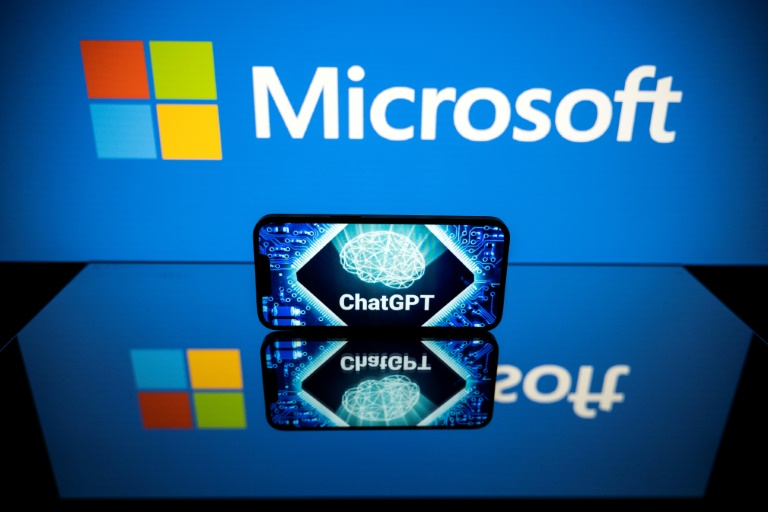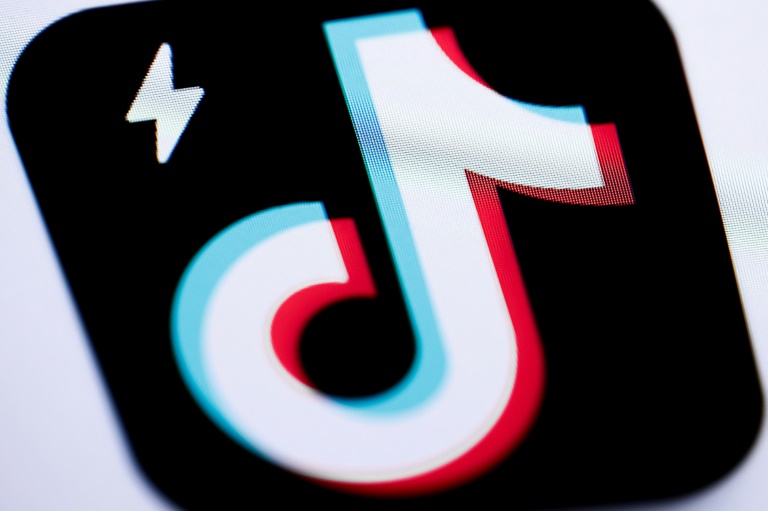ChatGPT, Silicon Valley’s latest app sensation, has investors rushing to find the next big thing in generative AI, the technology that some hail as the beginning of a new era in big tech.
Artificial intelligence (AI) has been increasingly present in everyday life for decades, but the November launch of the conversational robot from start-up OpenAI marked a turning point in its perception by the general public and investors.
“Every so often we have platforms that come along and result in an explosion of new companies. We saw this with the internet and mobile, and AI could be the next platform.” said Shernaz Daver of California-based Khosla Ventures.
Generative AI, of which ChatGPT is an example, wades through oceans of data to conjure up original content – an image, a poem, a thousand-word essay – in seconds and upon a simple request.
Since its discrete release in late November, ChatGPT has become one of the fastest growing apps ever and pushed Microsoft and Google to rush out projects that had until now stayed carefully guarded over fears that the technology wasn’t yet ready for the public.
“Just five days after its release, a million people used ChatGPT – about 60 times faster than it took Facebook to reach one million users,” said Wayne Hu, a partner at SignalFire, another venture capital firm..
“Suddenly investors are all talking about how ChatGPT might eliminate millions of knowledge worker jobs, disrupt trillion-dollar industries, and fundamentally change the way we learn, consume, and make decisions,” he said.
The explosion of generative AI comes at an otherwise morose time for the tech sector, with tens of thousands of layoffs cascading through the world’s biggest companies as well as smaller ones that are struggling for survival.
“While other categories are facing a contraction in valuations and raising capital, generative AI companies are not,” said Daver.
Hu said that the market valuations for generative AI companies have been sky high, while they have contracted for everything else.
– ‘Hard to keep up’ –
OpenAI, the ChatGPT creator, is valued by Microsoft at nearly $30 billion despite still burning through money at a high speed, he said.
Entrepreneurs specializing in generative AI say they no longer need to scream out for attention when hunting for cash or walk through the details of what they are trying to offer.
“It’s helped us a lot,” said Sarah Nagy, founder of Seek AI, a start-up that allows nonspecialists to extract technical data from a database using queries in everyday language.
“Before ChatGPT… I had to explain what generative AI is, and why it matters,” she added.
Now the appetite for ChatGPT-like capabilities is seemingly limitless, and not only from investors.
“The demand from customers has increased a lot,” said Nagy. “It’s even hard to keep up, because we’re still a small company.”
The entrepreneur wants to grow her team and, according to Daver, while the trend is to downsize, “we are currently hiring” in generative AI.
In the last few weeks, it is mainly the giants that have been in the news, first and foremost Microsoft, OpenAI’s partner and investor, followed by Google, which is trying to keep up.
But in their shadow, a galaxy of start-ups have ideas on offer too.
Other recent examples of funding rounds include California-based Kognitos, which aims to automate administrative tasks, and the platform for designers Poly that can whip out 3D graphics or maps in seconds.
In addition to the usual venture capitalists, tech giants are on the lookout, like Google, which just invested $300 million to acquire 10 percent of newcomer Anthropic and its chatbot Claude.
Hu said the ChatGPT “gold rush” could be unprecedented and expand well beyond Generative AI because the very technology itself minimizes the need for a computer coder or designer to execute ideas.
“Now you no longer need to get a Stanford PhD in computer science: any developer can build something amazing on top of ChatGPT and other foundation models in one weekend.”
“This wave of AI could be bigger than mobile or the cloud, and more on the scale of something like the Industrial Revolution that changed the course of human history,” Hu said.

 Business5 months ago
Business5 months ago
 Business4 months ago
Business4 months ago
 People4 months ago
People4 months ago
 Events6 months ago
Events6 months ago
 Events3 months ago
Events3 months ago
















